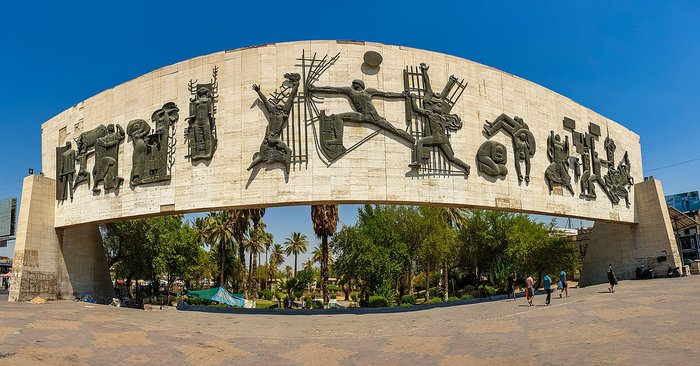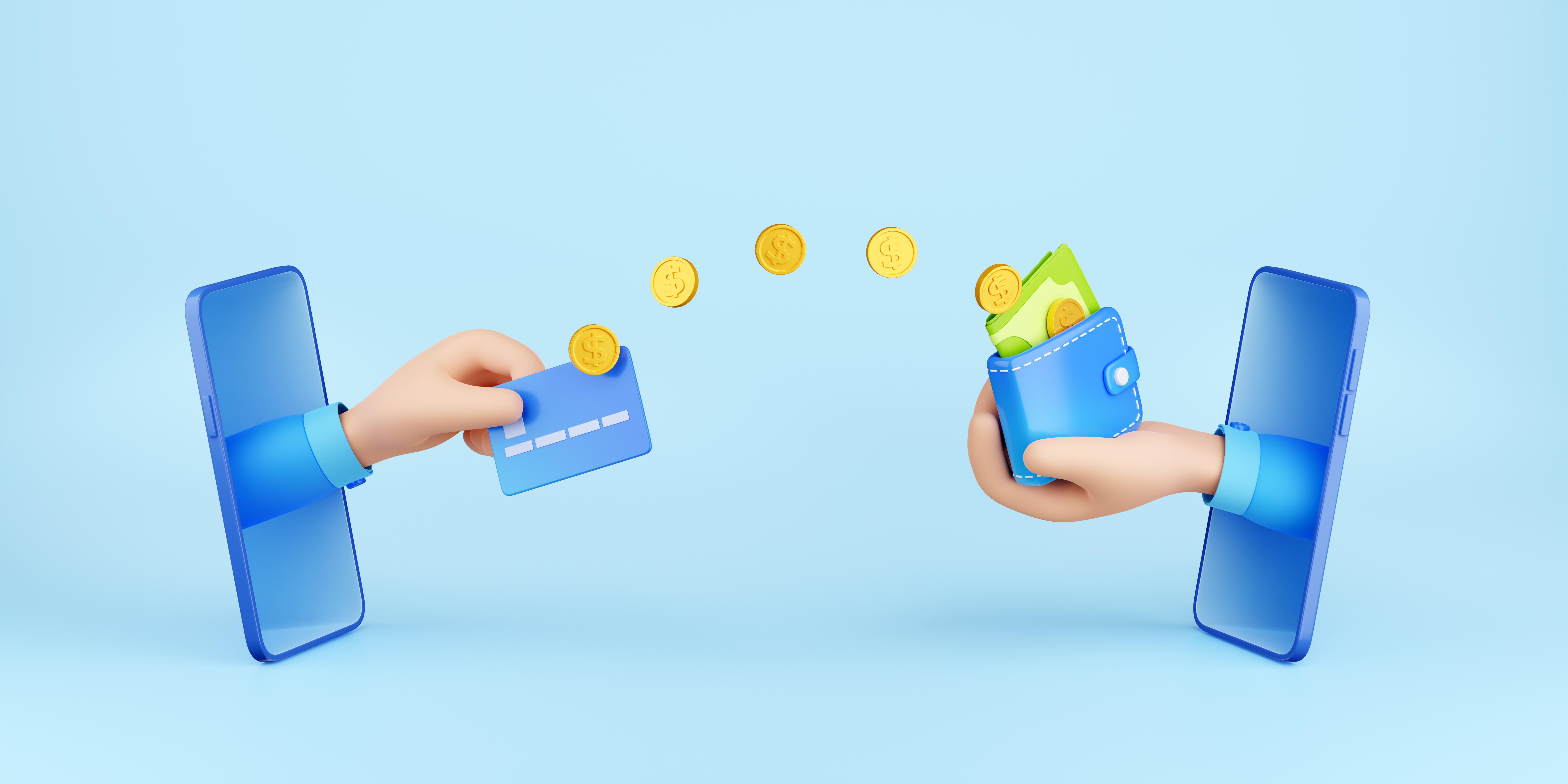Rakiiz | 21 Aug 2025
How Exchange Rates Impact Your International Transfers
Learn how exchange rates affect your international money transfers and discover how Rakiiz helps you save with transparent rates, low fees, and fast delivery.
.jpg)
Sending money abroad is no longer a secondary option for Iraqis—it has become an essential part of daily life.
Whether it’s supporting family in other countries, paying tuition for children studying abroad, or covering business expenses, international transfers are a vital link connecting Iraq to the world.
When thinking about sending money, many people focus on one simple question:
💡 How much will the sending party charge in fees?
But the truth is, direct fees are only part of the equation. What many don’t realize is that the exchange rate is the biggest factor determining the final amount received by the beneficiary.
Small differences in exchange rates may seem insignificant at first, but over multiple transfers, they can lead to:
-
Losing tens or even hundreds of dollars.
-
Reduced amounts reaching family members or business partners.
-
Additional costs that could have been avoided.
This is why understanding exchange rates and choosing the right transfer method isn’t a luxury—it’s a necessity for any Iraqi relying on international transfers.
In this article, we’ll cover in detail:
-
What is the exchange rate and how is it calculated?
-
Why you lose extra money with traditional transfers.
-
How Rakiiz helps you save with transparency and speed.
-
Practical tips for Iraqis to reduce losses and maximize transfer value.
What is the Exchange Rate?
The exchange rate is the value at which one currency is exchanged for another, and it’s the key factor determining how much money the recipient actually receives in an international transfer.
Practical example:
If 1 USD = 1,310 IQD, it means each dollar you send equals 1,310 Iraqi Dinars upon receipt, according to the current market rate.
Important difference to note:
The rate you see online or in financial markets is called the mid-market rate, which reflects the “real” value used in most transactions between banks and large financial institutions.
Banks and transfer companies often offer a lower rate than the true market rate, adding a hidden margin for themselves.
💡 Result:
The recipient gets less than expected, and you pay extra without realizing it. This hidden margin may seem small per transfer, but it adds up quickly if transfers are frequent or involve large amounts.
How Exchange Rates Affect Your Transfers
The exchange rate is not just a number on a screen—it’s the most influential factor in how much the recipient actually receives. Small differences can cause significant losses, especially with frequent or large transfers.
Practical example:
Someone in Iraq wants to send $1,000 to Amman:
-
At the real market rate:
1 USD = 0.71 JOD → recipient gets 710 JOD. -
At a traditional bank or transfer company rate (with hidden margin):
1 USD = 0.69 JOD → recipient gets only 690 JOD.
Difference in this single transfer: 20 JOD (≈ $28).
Effect of repetition:
If this transfer is repeated 10 times a year, you lose $280 just from exchange rate differences, even if direct fees are relatively low.
Conclusion:
Traditional transfers often hide these differences, while modern digital transfers like Rakiiz offer real-time, transparent rates, ensuring the maximum amount reaches the recipient.
Why Traditional Transfers Cost More
Many think bank or transfer fees are the only cost, but the biggest hurdle is often the exchange rate and hidden margin. Traditional banks and transfer companies combine official fees and additional margins to generate profit:
-
Hidden margin on exchange rate:
Banks or companies may reduce the market rate by 2–5%, meaning the recipient gets less and you pay more without noticing. -
Fixed or percentage-based fees:
On top of the exchange rate margin, there may be fixed or proportional fees per transfer, increasing the total cost, especially for large amounts. -
Delays in money arrival:
Traditional transfers may take 3–7 days, during which market rates can fluctuate, reducing the value received.
💡 When is traditional transfer especially costly?
-
Sending frequent amounts to support family abroad.
-
Paying large tuition fees or urgent financial obligations.
-
Business transactions where even small rate differences affect profits or budgets.
In short, traditional transfers may seem familiar and safe, but they are often more expensive and slower than digital solutions like Rakiiz, which provide transparent rates, lower fees, and same-day transfers.
How Rakiiz Helps You Save
Digital transfers via Rakiiz are not just faster than traditional banks—they also offer complete transparency and real savings with every transfer:
-
Real and direct exchange rates:
With Rakiiz, you get the true market rate, without hidden margins. Every dollar sent translates to its full value for the recipient. -
Full transparency before transfer:
Before confirming a transfer, you know exactly how much the recipient will receive. No surprises, no hidden deductions, no unexpected differences. -
Low and fixed fees:
Fees are much lower than traditional banks and usually fixed per transfer, making financial planning easy. -
Fast delivery:
Money arrives within hours, not days, crucial for students, business people, or anyone needing fast transfers to avoid market fluctuations. -
Full legal compliance and security:
Rakiiz complies with AML and KYC standards, ensuring every transfer is legal, secure, and protected from financial or legal risks.
💡 Practical example:
An Iraqi student needs to transfer $5,000 for tuition in the UK:
-
Via a traditional bank: may lose $200–250 due to hidden margins and extra fees.
-
Via Rakiiz: almost the full amount reaches the recipient, with transparent fees and fast delivery.
Practical Tips for Iraqis to Save Money on Transfers
International transfers can be expensive without proper planning. Here are practical tips to reduce losses and maximize the value of your transfers:
-
Always compare exchange rates before sending:
Even small differences can cost tens of dollars per transfer. Use reliable platforms to check rates before deciding. -
Send larger amounts in fewer batches:
Frequent small transfers increase total fees. Sending larger sums at once reduces fees and increases the net amount received. -
Avoid banks if speed is essential:
Traditional banks may take days and add fees or margins. Digital transfers like Rakiiz reach recipients within hours, reducing risks from rate fluctuations. -
Choose reliable digital platforms like Rakiiz:
They provide full transparency, low fees, and legal security, ensuring almost every dollar sent reaches the recipient. -
Monitor market fluctuations:
If transfers aren’t urgent, watch the market and send when rates improve. Even small differences can add up to hundreds of dollars over time.
Conclusion
Exchange rates can be the deciding factor between your money arriving in full or losing part of it unnecessarily.
While traditional banks profit from hidden fees and exchange rate margins, Rakiiz gives you full transparency, speed, and security with every transfer.
Don’t let exchange rate fluctuations eat your money.
Try Rakiiz today and send your money with confidence and transparency.
[Start your transfer with Rakiiz now]
How to Send Money Abroad Safely from Iraq
A complete guide to sending money abroad from Iraq safely and efficiently. Learn...
Rakiiz | 21 Aug 2025
Hidden Costs of International Transfers from Iraq
Learn the hidden costs Iraqis face when sending money abroad: bank fees, exchang...
Rakiiz | 21 Aug 2025
5 Common Mistakes When Sending Money Abroad from Iraq
Learn the 5 common mistakes Iraqis make when sending money abroad and how Rakiiz...
Rakiiz | 21 Aug 2025


.jpg)